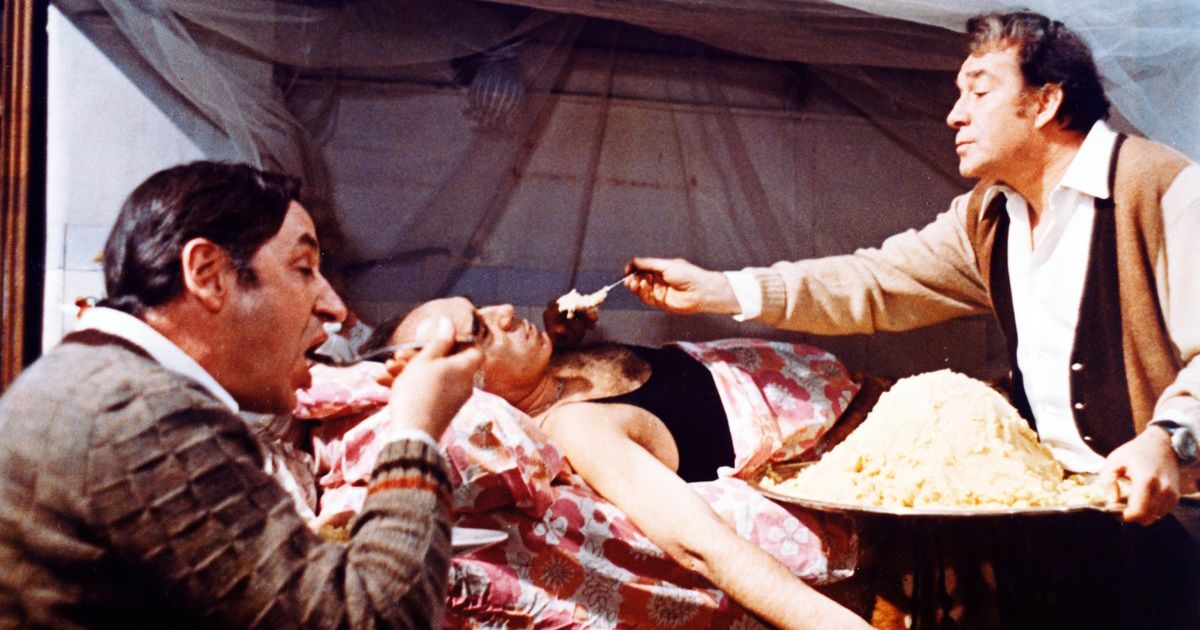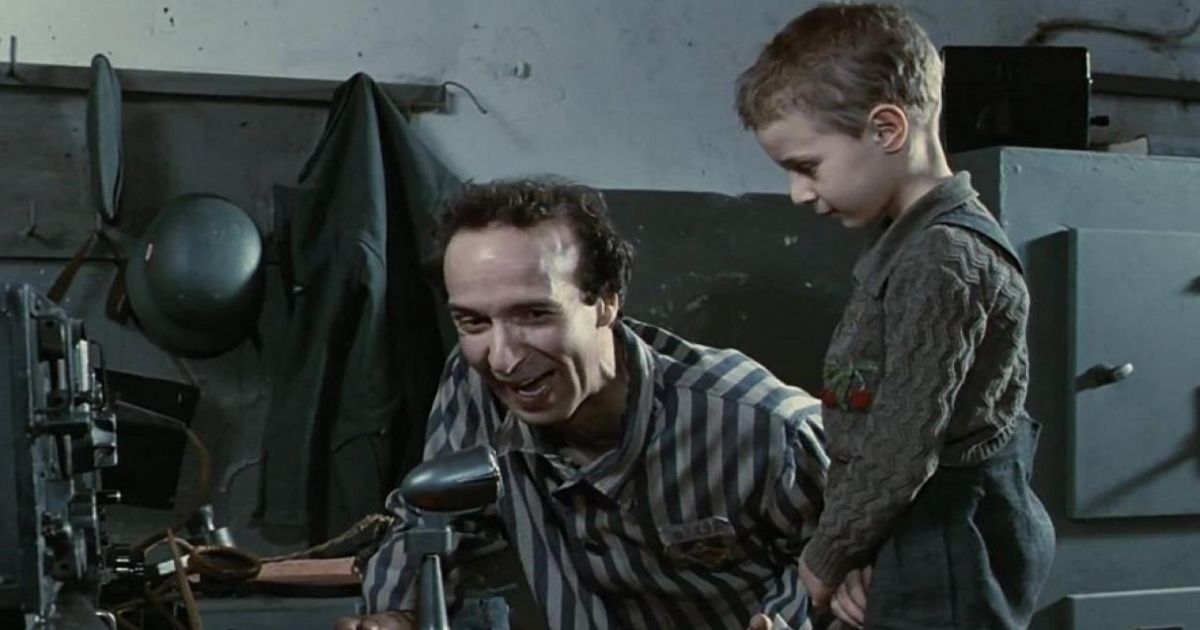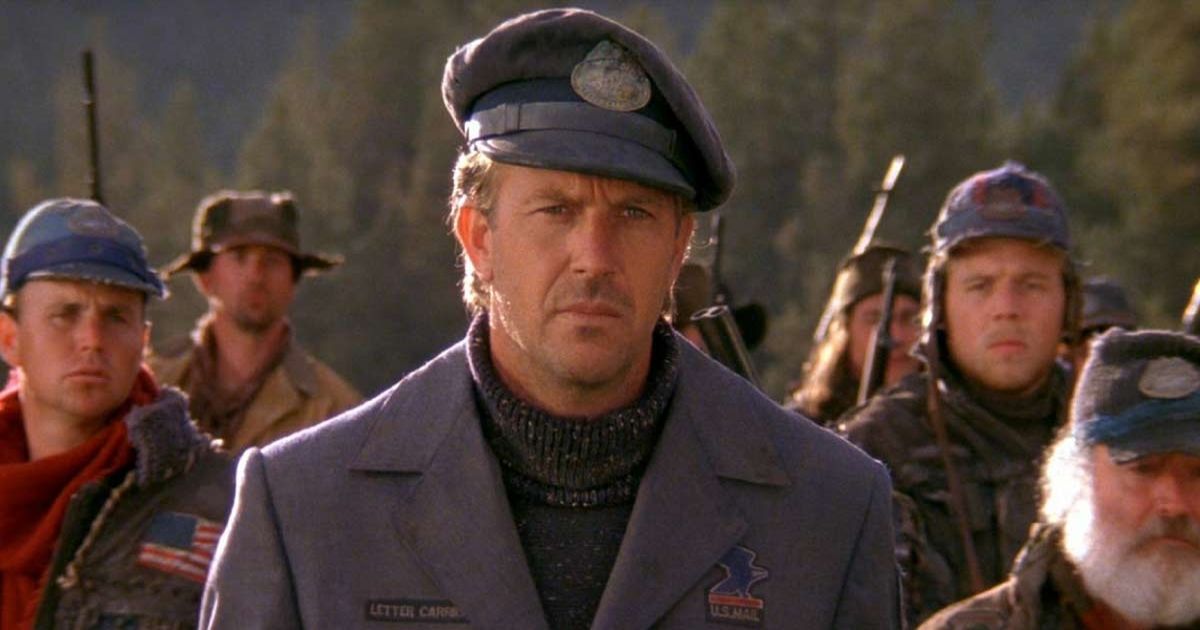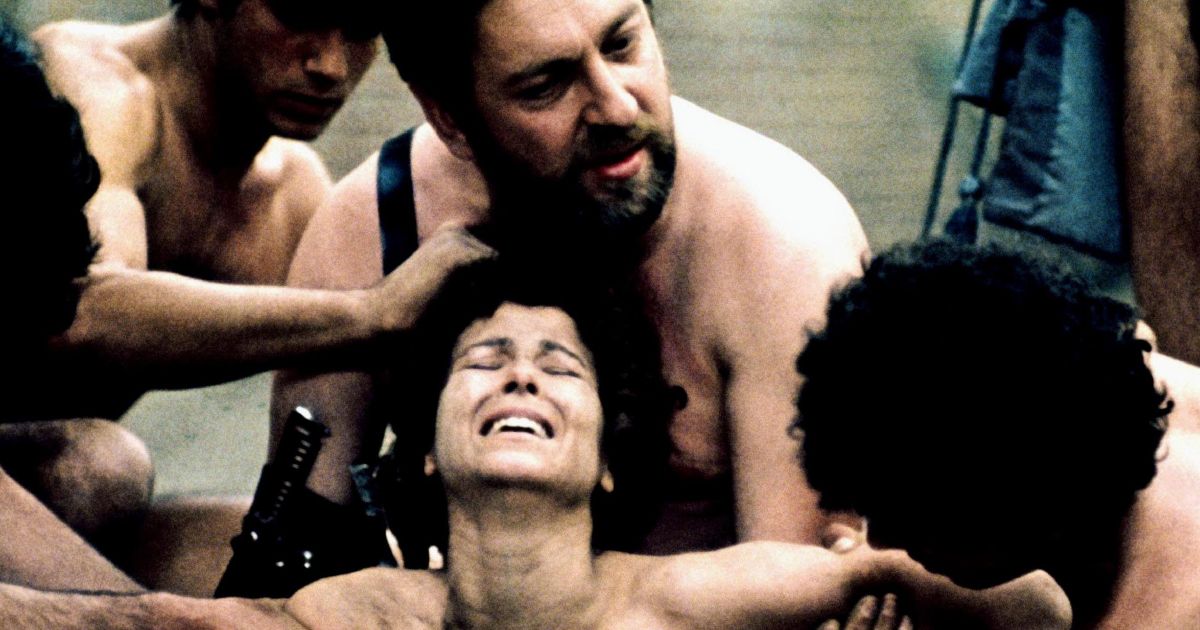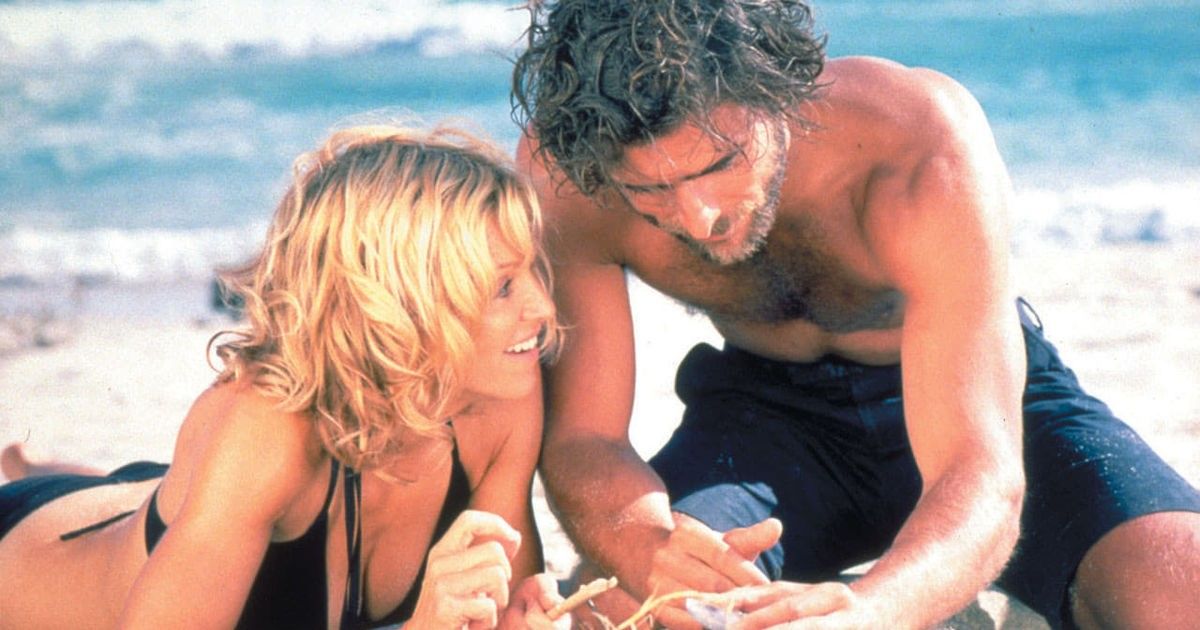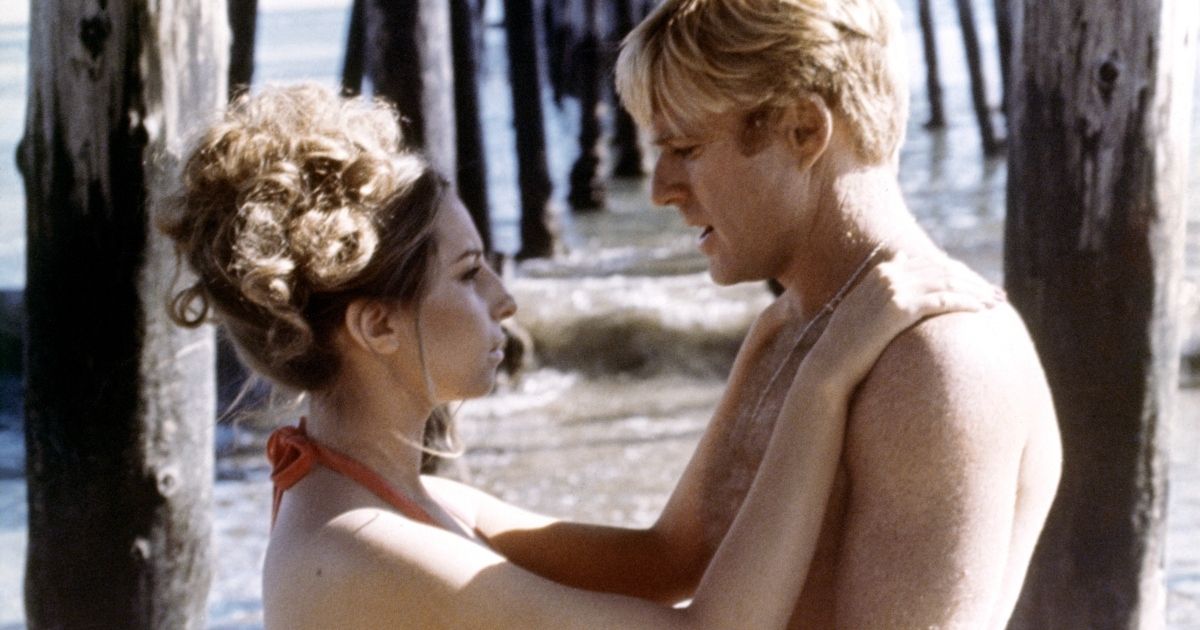Joe Queenan, film critic for The Guardian (UK), has no sympathy for bad films. He routinely takes aim at Hollywood's poor excuses for blockbusters and pretentious Oscar hopefuls. In a 2008 column titled "From Hell," he revealed his picks for the worst films ever made. Queenan has very specific criteria for films that make his "Worst" list, which does not necessarily include films that just score poorly on Rotten Tomatoes. The criteria for these movies includes: it must have intended to be a great film, it has to include real actors (no amateurs), and it must be so bad, people dread having to watch it again.
In crafting his list of the 'Worst Movies of All Time,' Queenan makes it clear that not all films should be judged equally. His column was in response to the release of the Paris Hilton flick, The Hottie and the Nottie, which he didn't include on his list because the film was expected to be bad. It aimed low, and hit low. To him, the worst films aspire to greatness and fail spectacularly. For the list, Queenan prefers "a movie that destroys a studio, wrecks careers, (and) bankrupts investors." With that, here are the 10 films Queenan listed as the Worst Movies of All Time, listed alphabetically.
A Walk with Love and Death (1969)
Anjelica Huston's first credited acting role was the lead in A Walk with Love and Death, a dull historical romance directed by her father, the legendary John Huston (The African Queen). Unfortunately, Anjelica was not up to the task (she was only 17 at the time), and her performance showed it. Set during France's Hundred Years War, Anjelica plays Lady Claudia, a noblewoman who falls in love with Heron, a student (Assi Dayan) from Paris. The two lovers seek refuge in a monastery, only for the war to find them.
John Huston was accused of nepotism for casting his daughter in a major role, and she was unfairly blamed for the film's failure. Love and Death has much bigger problems than Anjelica's inexperience, however. The acting overall is wooden, the writing is coma-inducing, and the film feels like an amateurish stage play. Thankfully, Anjelica Huston's Oscar-winning career would go on to thrive, so this flop remains a largely-forgotten footnote in her career.
Futz (1969)
Futz tells the story of Cyrus, a farmer who has had no luck with women, so he marries Amanda, his pet pig. This sets off outrage from the surrounding community and authorities, which bestiality tends to do. The film is a misguided satire about cultural norms and personal freedom, but it isn't as clever as it thinks it is when trying to make its point. Watching the film is like sitting through the worst 90-minute session of slam poetry ever. While you are on fire.
Based on the off-Broadway play by the La MaMa Experimental Theater Group, Futz believes that merely being strange is enough to elevate it to high art. Instead, it's an unfocused mess that is an absolute chore to watch. Oscar nominees Sally Kirkland (Best Actress, Anna) and Frederic Forrest (Best Supporting Actor, The Rose) actually star in this, apparently before they had agents. The movie features the film debut of Sam Shepard, so it wasn't a total waste of celluloid.
Gigli (2003)
Martin Brest's Gigli is not only a terribly annoying film, it brought about (arguably) the most terribly annoying celebrity couple of all time, one that still haunts us today. Affleck and Lopez play mob assassins forced to work together, who suddenly fall in love, and we're expected to root for these two unlikeable idiots.
Crass and unfunny, the film's failure rests mainly with writer/director Martin Brest, who doesn't seem like the same filmmaker who brought us Beverly Hills Cop, Midnight Run, and Scent of a Woman (he even managed to convince Al Pacino to appear briefly in this mess). Film schools could teach a course on why Gigli was such a box office bomb, but the reasons will be clear to anyone watching this for 15 minutes.
Heaven's Gate (1980)
It should be theoretically impossible for a film featuring Christopher Walken, Kris Kristofferson, and Jeff Bridges to be unwatchable, which makes Michael Cimino's borefest Heaven's Gate a unique achievement in cinema. Cimino seems to have let the success of his Best Picture winner The Deer Hunter two years before go to his head, because Heaven's Gate is an example of cinematic excess in almost every aspect. A three-and-a-half hour film begins with a four-minute overture and another three minutes of credits before you see a single filmed image, a bad omen of what's to come.
Thankfully, a shorter version of the film is available on streaming, which is a more tolerable watch, although the film's narrative issues remain. Kristofferson plays a sheriff in the midst of the Wyoming range wars, who sides with immigrant settlers over wealthy landowners. The film's pedestrian pace picks up after about two hours (finally), but an avalanche of subplots and some over-indulgent cinematography buries what decent story the film could have mustered. While some people have reappraised the bomb as a masterpiece in disguise, the film is nonetheless often credited with having killed the New Hollywood movement, which had previously let directors like Scorsese and Coppola have free rein as auteurs.
La Grande Bouffe (1973)
Italian director Marco Ferreri's attempt at comedy, La Grande Bouffe (The Big Feast), assumes we will be amused by a bunch of pompous Frenchmen who hole up in a house with hookers and overeat until they die. It's inexplicable that the film manages a 63% rating among critics on Rotten Tomatoes. There is no profound storytelling here, and don't look for any symbolism in the narrative.
When one of the men eats so much he gets sad, soils himself, and dies, you're actually grateful, because that means these foolish men are starting to drop, and this tedious film will be over soon. Great European films, particularly French films, relish in shaping character development through minutiae and extended dialogue; it's part of their unique charm. This crass, bloated exercise in excess offers no such appeal.
Life Is Beautiful (1998)
The problem with Life Is Beautiful is not that humor is used in a story about the Holocaust or Nazi atrocities. Films like Chaplin's The Great Dictator used humor to explore the resilience of the human spirit in the face of buffoonish fascism. The problem is that Roberto Benigni's use of broad, silly slapstick is self-indulgent, while presenting a sanitized view of concentration camps. The film might have had a chance if Benigni wasn't playing an annoying idiot, and when the Nazis are portrayed as truly evil, it is only when they focus their ire on him. Queenan called the film's tone-deaf humor "morally repugnant — precisely because of its apparent innocence."
The Postman (1997)
The Postman is set in the far-away future of 2013, where American civilization has collapsed into a post-apocalyptic wasteland, where warlords like Gen. Bethlehem (Will Patton) rule over survivors with a tyrannical hand. Kevin Costner plays a wanderer who pretends to be a postman for a reestablished U.S. government, and ends up becoming a symbol of hope. Or something.
While there's an interesting premise at the heart of the film, the movie never feels authentic. You get the feeling Costner's luxury trailer is just out of the camera's apocalyptic view. Add to that some overly-theatrical performances and slow pacing, and it's amazing that Costner's career survived this AND Waterworld to eventually make Yellowstone.
Salo or the 120 Days of Sodom (1975)
Controversial director Pier Paolo Pasolini's final film (before he was brutally murdered) is Salo, or the 120 Days of Sodom, a sadistic film set in Italy during World War II. It follows a group of fascists who kidnap and torture a group of underage teens mentally, physically, and sexually, all for their own sick pleasures; suffice it to say the film would turn the stomachs of most viewers.
Some defend the film as a masterwork that explores fascism, anarchy, and the abuse of power. To do so, however, is giving the film far too much credit. If the metaphor one is trying to convey is smothered by acts of brutality, the film has failed its purpose, becoming merely an attempt at justification for your twisted fetishes. Salo makes no attempt to convey a greater truth, not even in its brutality or trauma. It ends abruptly, leaving the viewer to realize they're merely watching a snuff film with excellent cinematography.
Swept Away (2002)
Queenan argues that the films on his worst list must include a particular level of "moxie, self-involvement, lack of taste, (and) obliviousness to reality," so of course a Madonna film will be on the list. Swept Away is a remake of a 1974 Italian comedy, in which a wealthy, spoiled, arrogant yet beautiful socialite (Madonna, basically playing herself) is shipwrecked on an island with a handsome crew member from her yacht. While the original film explored the clash of societal classes, the updated American version is a shallow vanity project for an aging music superstar, directed by her otherwise-talented filmmaker husband, Guy Ritchie (they are now divorced).
Many would disagree, but the Material Girl has actually turned in some solid acting performances over the years, both dramatic and comical. Her performance here, however, is a self-absorbed train wreck, and the film rates a mere 5% on Rotten Tomatoes. Queenan said the film "seems more amateurish on each viewing, like a morass that starts out as a quagmire, then morphs into a cesspool and finally turns into a slime pit on the road to its ultimate destination in the bowels of Hell."
The Way We Were (1973)
Film fans might be surprised to see The Way We Were, the hit romantic drama starring Robert Redford and Barbra Streisand, on the list. The film follows two very different people who fall in love, yet struggle to live with each other. The film won two Oscars, for Best Original Song and Best Score, and Streisand was nominated for Best Supporting Actress, but Queenan wasn't impressed, calling the film "as treacly and flatulent as any movie I know of."
Streisand's ego may overshadow some of her performances, but even so, she's a great actress with some fantastic films on her resume. Redford's iconic film status is unquestionable, although he reportedly clashed with Streisand on the set. Though Queenan was unimpressed, people still love the film, calling it one of the better romanic films Streisand ever made.

.jpg)
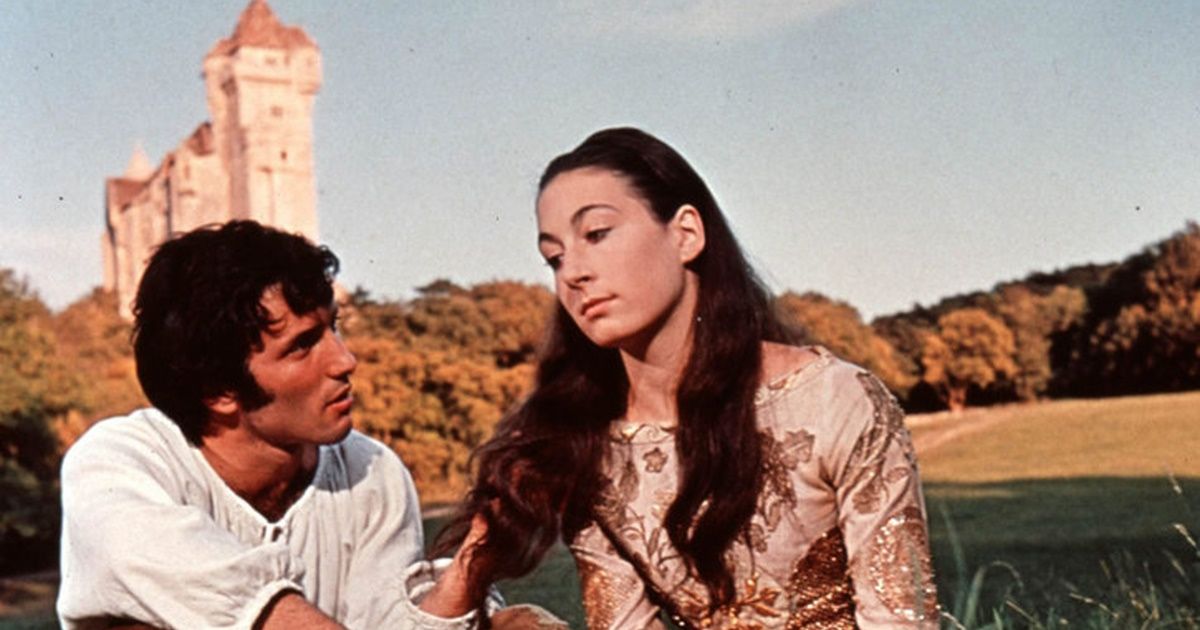
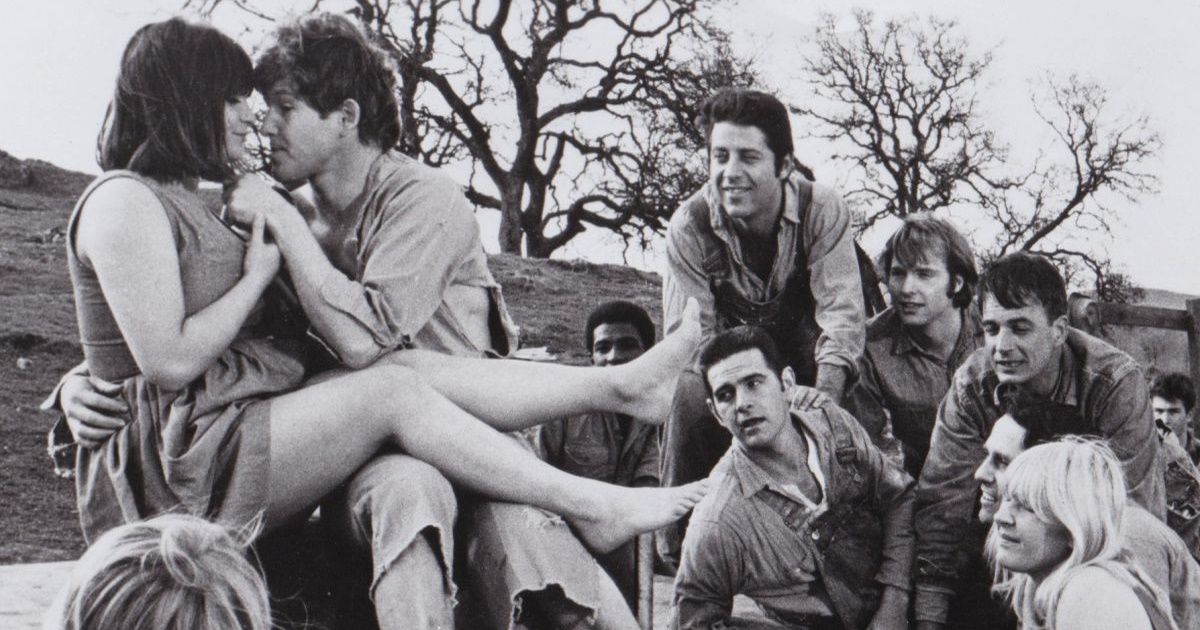
.jpg)
.jpg)
